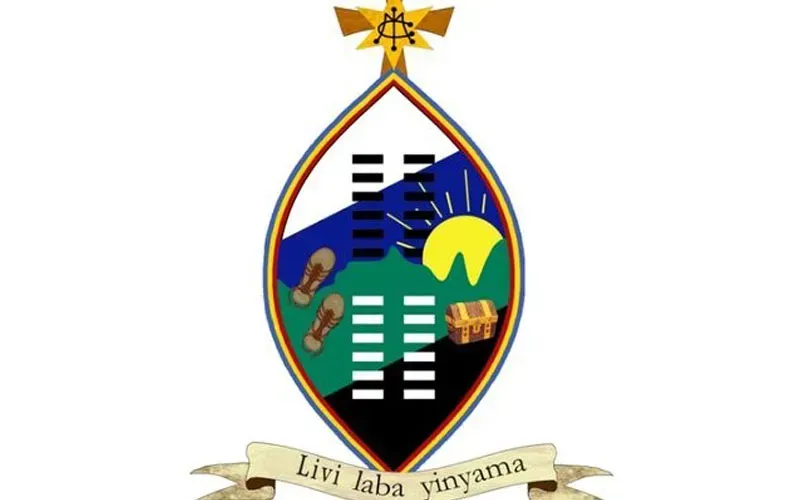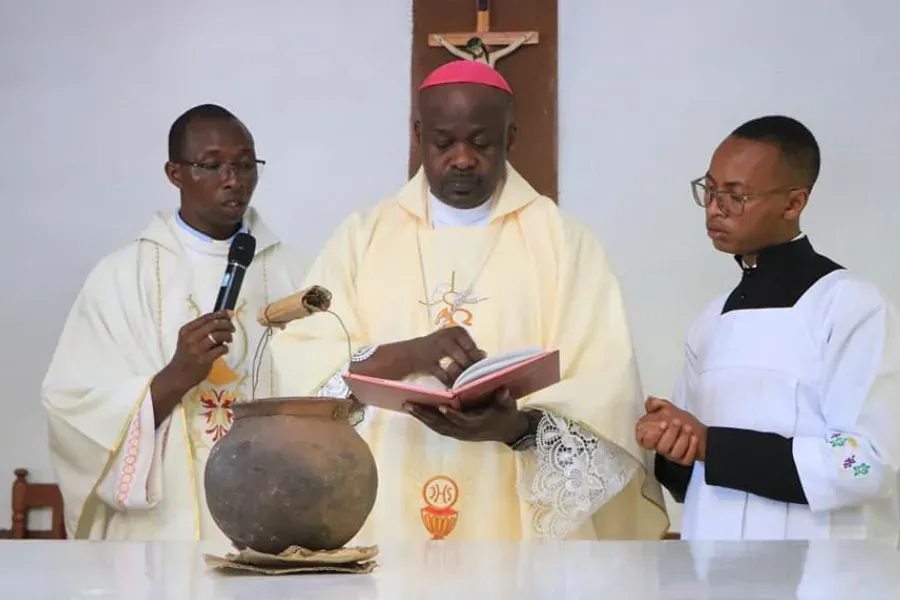Manzini, 29 October, 2021 / 8:45 pm (ACI Africa).
Representatives of Civil Society Organizations, political parties and citizens in Eswatini have rejected King Mswati III’s invitation to discuss the ongoing political crisis in the country at an annual national general meeting known as Sibaya.
The representatives under the Swaziland Multi-Stakeholders Forum (MSF) say the call for Sibaya is a scheme to mislead the security organ of the Southern African Development Community (SADC Troika) into believing that the nation is driven by dialogue.
The government announced the King’s call for Sibaya after holding a meeting with SADC delegates on October 22.
“We reiterate that Sibaya cannot, and is not an appropriate venue for an inclusive dialogue and has no significant value in shaping our destiny and as a people. We have long lost hope in such forums, and therefore WE SHALL NOT attend the meeting,” MSF officials say in a statement released after their October 23 meeting held at the Catholic Centre in Manzini, Eswatini.
MSF officials add that the nation cannot have “calm or peaceful dialogue as long as the security forces continue to kill and maim the people.”








